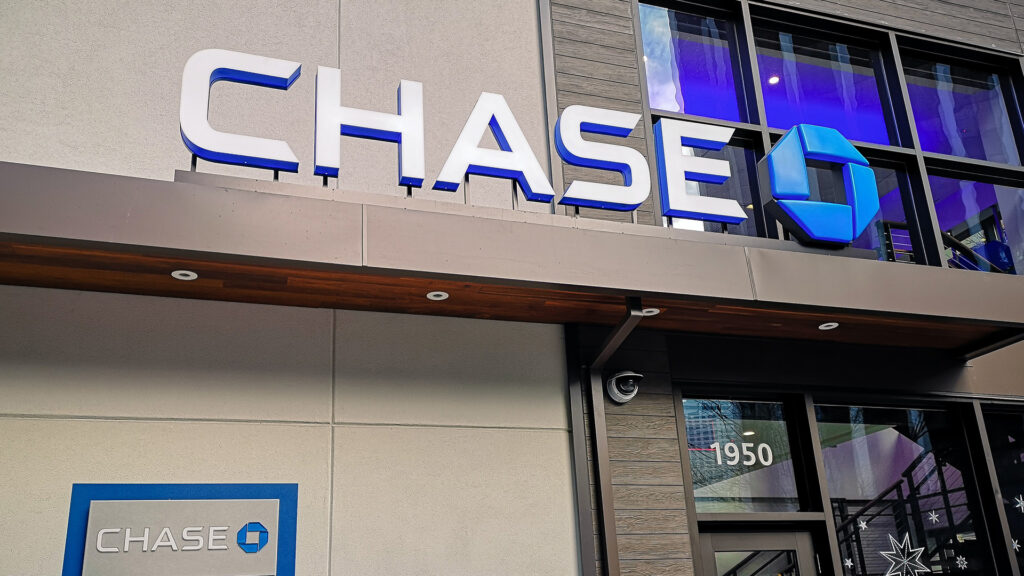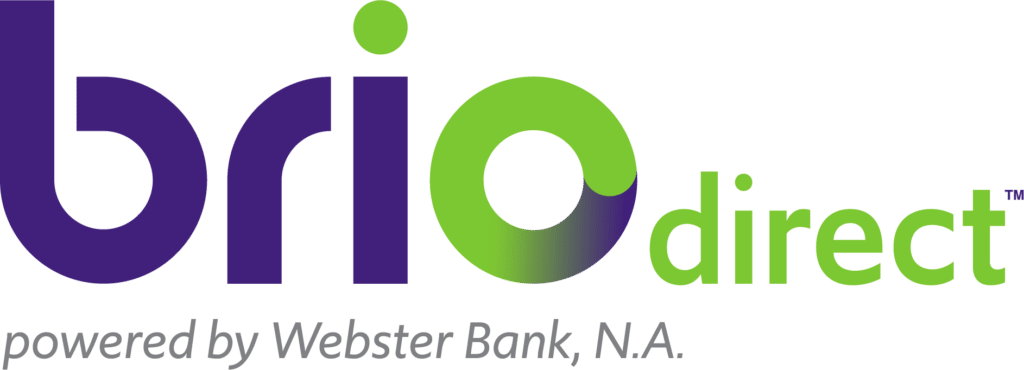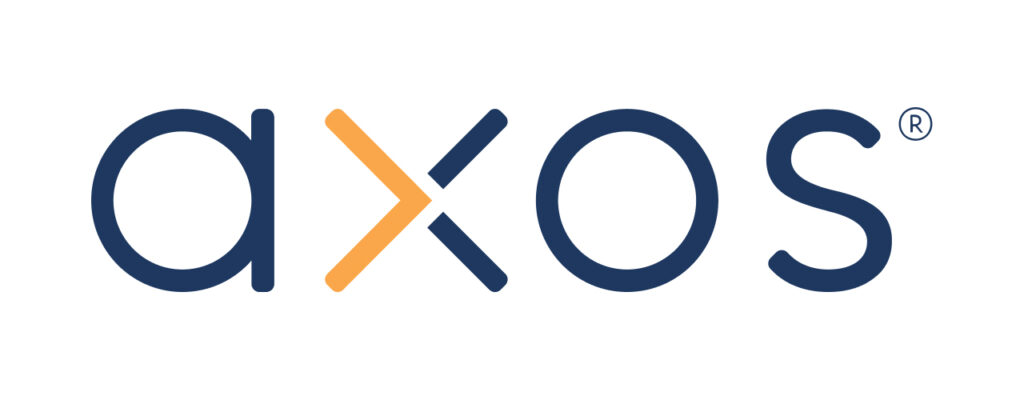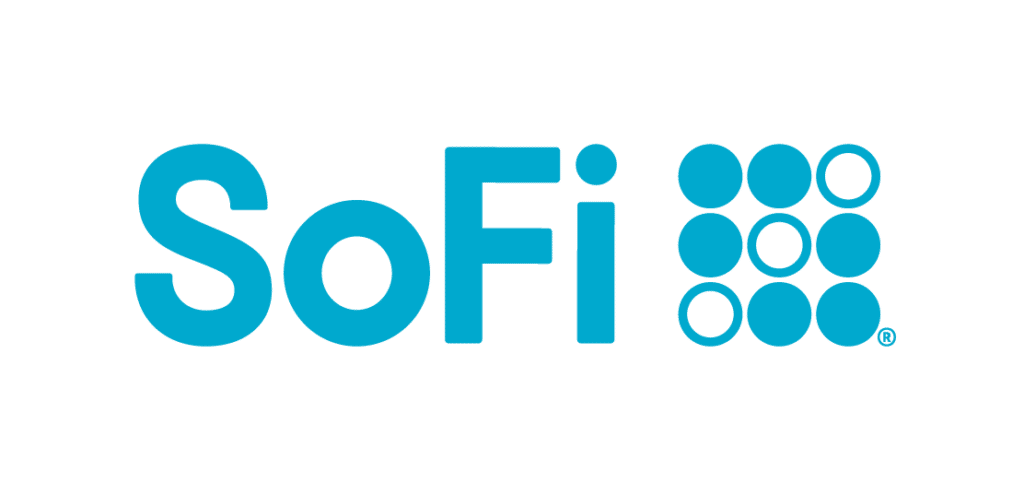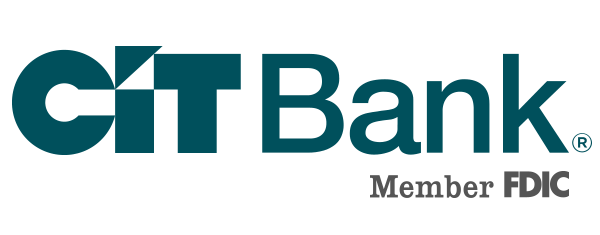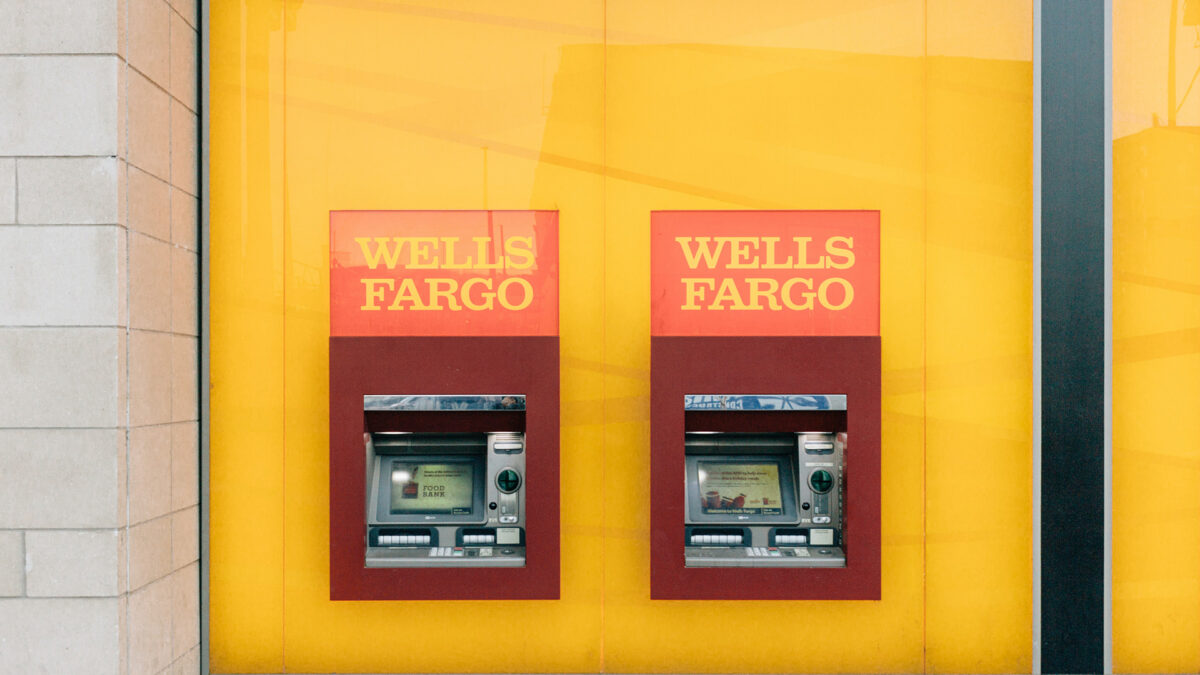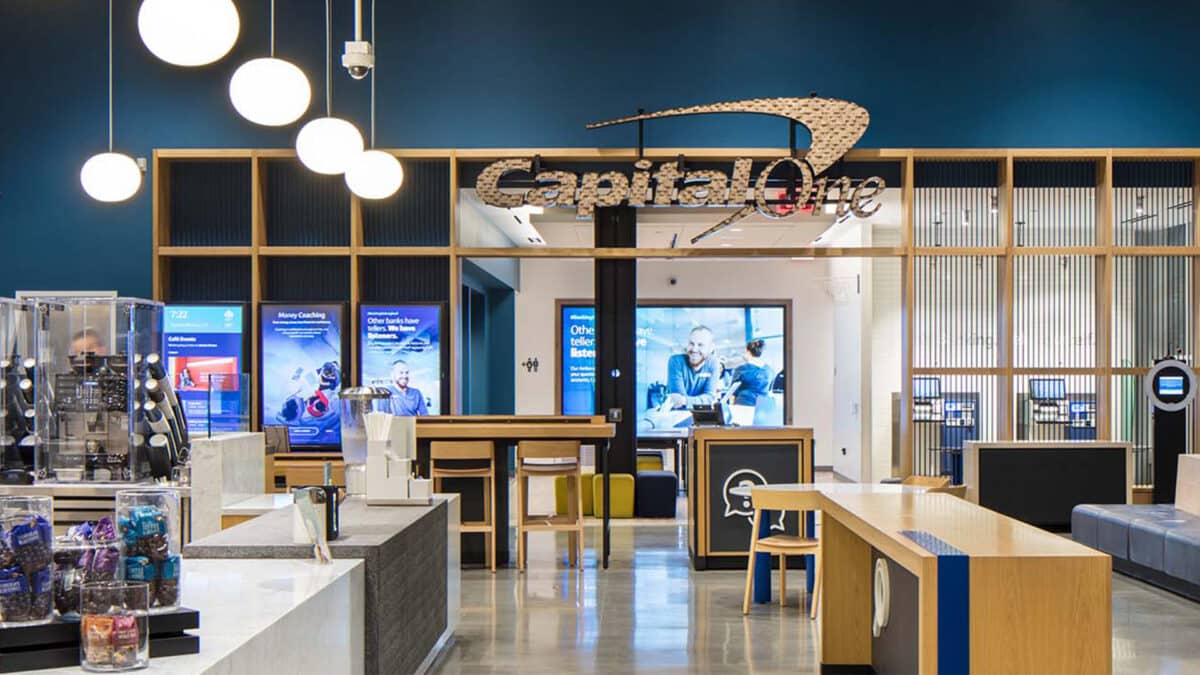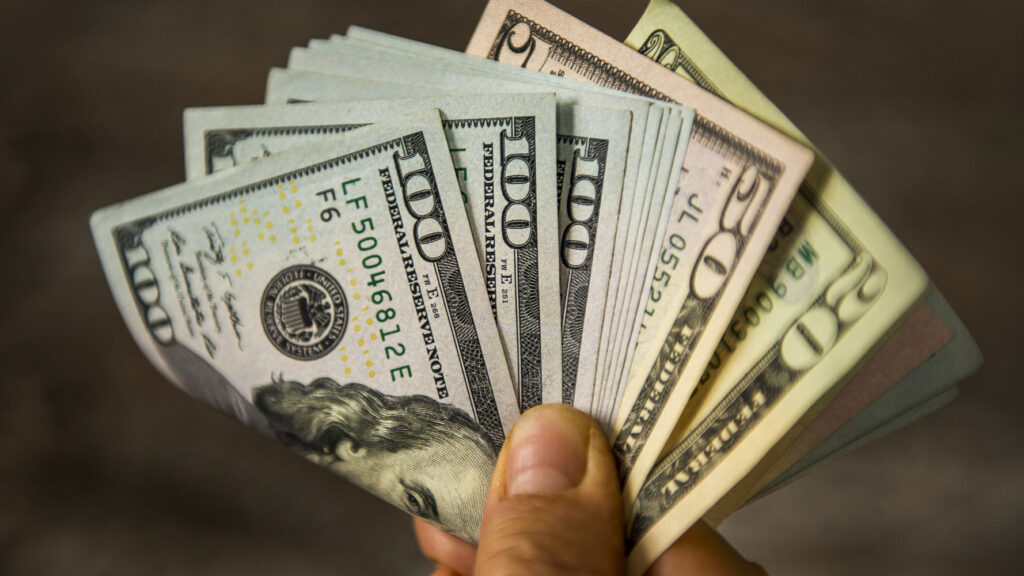Most products on this page are from partners who may compensate us. This may influence which products we write about and where and how they appear on the page. However, opinions expressed here are the author's alone, not those of any bank, credit card issuer, airline or hotel chain. Non-Monetized. The information related to Chase credit cards was collected by Slickdeals and has not been reviewed or provided by the issuer of these products. Product details may vary. Please see issuer website for current information. Slickdeals does not receive commission for these products/cards.
Banking with a large bank can make it easier to get a variety of financial products and services in one place. If you like to have your bank accounts, loans and investments under one proverbial roof, working with one of the largest banks in the U.S. may be the right move.
Chase, Bank of America, Citi and Wells Fargo make up the big four banks—the only U.S.-based banks with more than a trillion dollars in assets—but there are several more that can also be a good fit for someone looking for a large traditional bank. Here are the largest banks in the U.S., according to data from the Federal Reserve, as of September 2023.
Top 10 Largest Banks in the U.S. (by Asset Size)
The top 10 largest banks in the U.S. by order of asset size are Chase, Bank of America, Wells Fargo, Citi, U.S. Bank, PNC Bank, Truist, Goldman Sachs, Capital One and TD Bank.
| Bank | Assets | Branches |
|---|---|---|
|
$3.81 trillion |
5,000 |
|
|
$2.65 trillion |
3,600 |
|
|
$1.73 trillion |
4,400 |
|
|
$1.68 trillion |
650 |
|
|
$651 billion |
2,300 |
|
|
PNC Bank |
$557 billion |
2,400 |
|
$527 billion |
2,000 |
|
|
$521 billion |
2 |
|
|
$476 billion |
300 |
|
|
$367 billion |
1,200 |
Source: Federal Reserve, December 2023
1. Chase
The nation's largest bank has nearly $3.4 trillion in assets in the U.S. and abroad. The bank offers banking products for consumers and small businesses. It also offers a host of personal and business credit cards—many of which are on our list of the best credit cards—as well as mortgage loans, auto loans and investment products and services.
Chase also has the largest branch network of any U.S. bank, with locations in 48 states (excluding Alaska and Hawaii) and more than 14,000 ATMs.
2. Bank of America
Bank of America has around $2.54 trillion in assets, primarily in the U.S. but also internationally. The bank offers several products and services for both consumers and small businesses. On the consumer side, Bank of America offers bank accounts, credit cards, home loans, auto loans and investment products through its subsidiary, Merrill Lynch. Small business owners can take advantage of bank accounts, credit cards, a variety of business loans and other services.
The bank has a large physical footprint, with around 3,800 branches and roughly 15,000 ATMs in close to 40 states.
Recommended High-Yield Savings Accounts
| Bank Account | APY | Minimum Deposit | Learn More |
|---|---|---|---|
|
| 3.75%
*Annual Percentage Yield (APY) is variable and is accurate as of 01/06/2025. Rate is subject to certain terms and conditions. You must deposit at least $5,000 to open your account and maintain $25 to earn the disclosed APY. Rate and APY may change at any time. Fees may reduce earnings. | $5,000 | Open Account |
|
| Up to 4.21%
Earn up to 4.21% APY* on savings, and 0.51%* APY on checking when you meet requirements. *Note - A customer with $1,000,000 would earn 4.21% APY on their first $499,999.99 and 4.01% APY on the rest of their balance for a blended rate of 4.11% APY. | N/A | Open Account |
|
Member FDIC | 0.50% - 3.30%
SoFi members with Eligible Direct Deposit can earn 3.30% annual percentage yield (APY) on savings balances (including Vaults) and 0.50% APY on checking balances. There is no minimum Eligible Direct Deposit amount required to qualify for the 3.30% APY for savings (including Vaults). Members without Eligible Direct Deposit will earn 1.00% APY on savings balances (including Vaults) and 0.50% APY on checking balances. Interest rates are variable and subject to change at any time. These rates are current as of 12/23/25. There is no minimum balance requirement. Fees may reduce earnings. Additional information can be found at http://www.sofi.com/legal/banking-rate-sheet. Annual percentage yield (APY) is variable and subject to change at any time. Rates are current as of 12/23/25. There is no minimum balance requirement. Fees may reduce earnings. Additional rates and information can be found at https://www.sofi.com/legal/banking-rate-sheet | N/A | Open Account |
|
| 3.75%
Platinum Savings is a tiered interest rate account. Interest is paid on the entire account balance based on the interest rate and APY in effect that day for the balance tier associated with the end-of-day account balance. *APYs — Annual Percentage Yields are accurate as of January 9, 2026: 0.25% APY on balances of $0.01 to $4,999.99; 3.75% APY on balances of $5,000.00 or more. Interest Rates for the Platinum Savings account are variable and may change at any time without notice. The minimum to open a Platinum Savings account is $100. | $100 | Open Account |
CIT Disclosures
For a complete list of account details and fees, see our Personal Account disclosures.
Platinum Savings is a tiered interest rate account. Interest is paid on the entire account balance based on the interest rate and APY in effect that day for the balance tier associated with the end-of-day account balance.
*APYs — Annual Percentage Yields are accurate as of January 9, 2026: 0.25% APY on balances of $0.01 to $4,999.99; 3.75% APY on balances of $5,000.00 or more. Interest Rates for the Platinum Savings account are variable and may change at any time without notice. The minimum to open a Platinum Savings account is $100.
3. Wells Fargo
Rounding out the top three banks, Wells Fargo has around $1.7 trillion in assets, virtually all in the U.S. The bank offers a wide range of options for consumers and small businesses, including bank accounts, credit cards, personal loans, auto loans, home loans, small business loans, and investing and wealth management services.
Wells Fargo operates the second-largest branch network in the nation, with roughly 4,400 branches and more than 11,000 ATMs across close to 40 states.
4. Citi
With around $1.68 trillion in assets, Citi has a solid portfolio. However, a good chunk of the bank's business is international. It also doesn't have nearly as many physical locations as other top banks—it has fewer than 700 branches, primarily in California and the Mid-Atlantic region. That said, the bank has a sizable ATM network with more than 65,000 fee-free ATMs.
Citi offers bank accounts for consumers and small businesses, personal and business credit cards, personal loans, home loans, small business loans and investment products and services.
5. U.S. Bank
Despite its name, U.S. Bank is a regional bank, with approximately $651 billion in assets, mostly within the U.S. The bank offers personal and business bank accounts, personal and business credit cards, personal loans and lines of credit, home loans, auto loans, small business loans and services and wealth management services.
Despite its smaller size compared to the big four banks, U.S. Bank has around 2,300 branches in just under 30 states and thousands of ATMs.
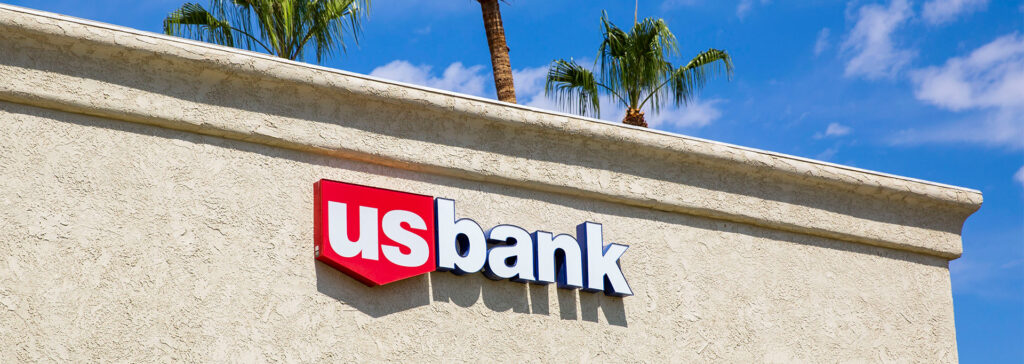 Related Article
Related Article
U.S. Bank Bonus Offers: Up to $1,200 for Opening New Accounts
U.S. Bank Business Essentials Account
- Our Rating 4.5/5 How our ratings work
- APYN/A
- Minimum
Deposit Required$100 -
Intro Bonus
$400Expires March 31, 2026
Earn a $400 bonus when you open a U.S. Bank Business Essentials Account or $1,200 when you open a Platinum Business Checking Account online with promo code Q1AFL26 and complete qualifying activities, subject to certain terms and limitations. Offer valid through March 31, 2026. Member FDIC.
We appreciate that the U.S. Bank Business Essentials Account includes a free mobile card reader and unlimited digital transactions. Plus, the welcome bonus it offers new customers is undeniably generous. This account can help streamline many common business banking considerations, and its lack of software or maintenance fees helps keep it accessible to the average business owner.
Overview
The U.S. Bank Business Essentials account offers a valuable checking account coupled with payment acceptance tools, allowing for convenient, end-to-end management of your funds. This account offers unlimited digital transactions, as well as 25 free teller and paper transactions per statement cycle. Plus, it also comes with a free mobile card reader, with the option to purchase additional card readers or rent handheld payment processor terminals.
Pros
- Strong welcome offer
- No monthly maintenance fee
- Robust online banking options
Cons
- Account not available nationwide
7. Truist
Truist has virtually all of its $527 billion in assets within the U.S. The regional bank offers products and services to consumers and small businesses, including bank accounts, credit cards, personal loans, auto loans, boat and RV loans, home loans, small business loans and services, investment services and even insurance.
The bank has more than 2,000 branches and more than 3,000 ATMs across nearly 20 states and the District of Columbia.
8. Goldman Sachs Bank
Primarily an investment bank, Goldman Sachs offers very few consumer banking products and services. The bank, which has about $521 billion in assets, mostly within the U.S., offers a high-yield savings account and certificates of deposit through its online banking division Marcus. It also issues a couple of co-branded credit cards and offers investment products and services.
As an online retail bank, Marcus by Goldman Sachs doesn't have any physical branches. Also, because it doesn't offer a checking account, there's also no ATM network.
9. Capital One
Capital One Bank has all of its nearly $476 billion in assets in the U.S. and primarily offers online products and services. The bank's lineup includes personal and business bank accounts, personal and business credit cards, auto loans, business loans and merchant services.
The bank has fewer than 300 branches, including cafes, in just a handful of states. That said, its ATM network has more than 70,000 fee-free ATMs.
10. TD Bank
A subsidiary of the Canada-based TD Group, TD Bank has about $367 billion in assets, all within the U.S. The bank offers consumer and small business bank accounts and credit cards, personal loans, home loans, business loans and lines of credit and other business services, as well as an investment platform.
TD Bank has about 1,200 physical branches and over 2,600 ATMs in 15 states along the East Coast and the District of Columbia.

4 Best No-Penalty CD Rates in February 2026: Earn Up to 3.95% APY
Are Large Banks Safer Than Smaller Banks or Credit Unions?
Not necessarily, but large banks can be a better choice when it comes to convenience and safety. A large bank often offers a wide range of financial products and services and you may be able to get everything you need with one bank rather than spreading your money across multiple financial institutions. Additionally, having your money with a financially strong bank can make you feel like your money is safe. If the bank has a lot of branches, you can also benefit from in-person service, even if you're far from home.
However, there are also downsides to banking with a large financial institution. In general, they offer lower interest rates on bank accounts compared to credit unions and online banks, and they may also charge higher interest rates on loans.
In some cases, it can make sense to spread your finances across multiple financial institutions to take advantage of the benefits and features offered by each. If you store more than $250,000 with one bank, you’ll exceed the FDIC insurance limit, which could increase your risk. Take your time to research and compare several options to determine the best approach for you.
Frequently Asked Questions
-
In terms of assets, the four largest banks in the U.S. are JPMorgan Chase, Bank of America, Wells Fargo and Citi.
-
Many banks have thousands of physical locations across the country. If you want the bank with the widest network, however, you'll want to pick Chase, which has around 4,900 branches in 48 states.
-
The concept of "too big to fail" suggests that some financial institutions are so large that failure would wreak havoc on the U.S. economy and even foreign economies. As a result, these banks typically receive government support during difficult economic times to avoid causing an economic catastrophe.
In the wake of the 2008 financial crisis, the Federal Reserve created a committee to supervise eight banks and holding companies whose failure could significantly impact the economy. Those institutions include:
- Bank of America Corporation
- The Bank of New York Mellon Corporation
- Citigroup Inc.
- The Goldman Sachs Group, Inc.
- JP Morgan Chase & Co.
- Morgan Stanley
- State Street Corporation
- Wells Fargo & Company
Because banks with the "too big to fail" designation have more regulatory involvement and government intervention than other financial institutions, they can be considered a safe place to put your money.


